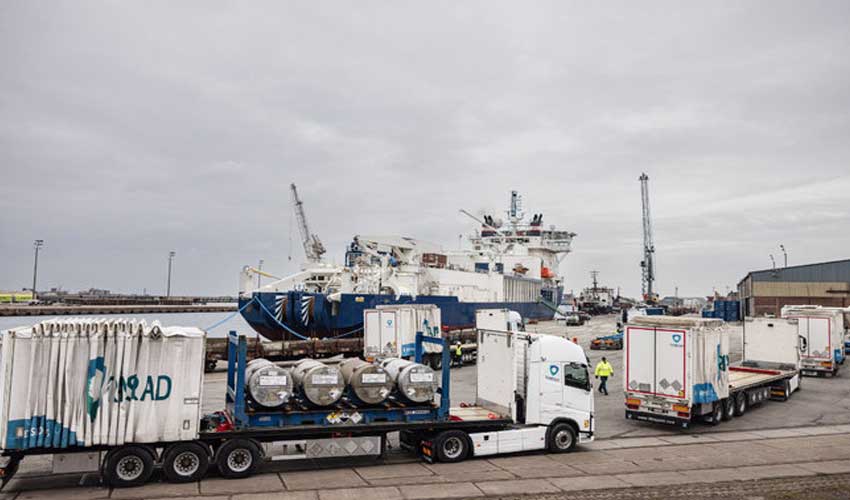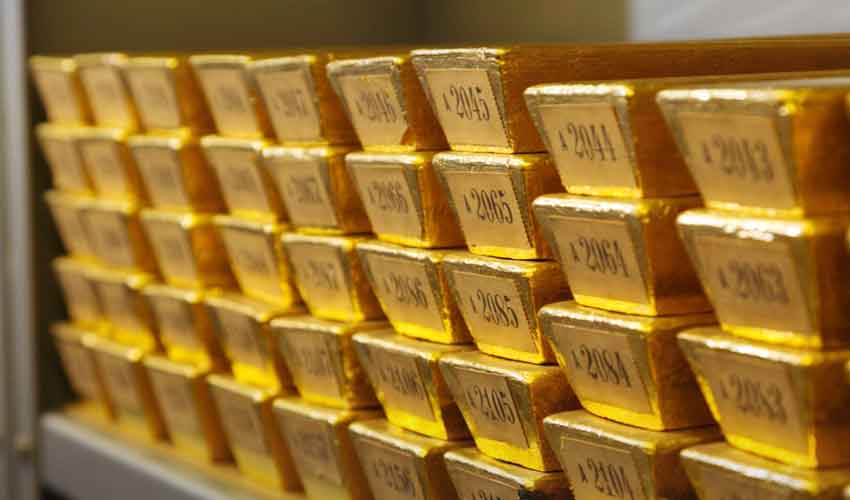The British government announced on Sunday its ambition to lead Europe in producing advanced uranium fuel, a resource currently monopolized by Russia in the commercial market.
A significant investment of £300 million ($382 million) has been earmarked by the UK government to establish a high-assay low-enriched uranium (HALEU) program. This strategic move aims to reduce dependence on Moscow and enhance the country's position in global energy markets.
Energy Secretary Claire Coutinho emphasised the government's commitment to energy independence, stating, "We stood up to Vladimir Putin on oil and gas and financial markets. We won't let him hold us to ransom on nuclear fuel." She underscored the critical role this initiative plays in ensuring energy security domestically and abroad, leveraging Britain's historical competitive strengths.
Haleu fuel is crucial for powering the next generation of advanced nuclear reactors, including small modular versions slated for use in the UK. With a uranium-235 content ranging from five to twenty percent, HALEU surpasses the levels currently employed in the majority of operational nuclear plants.
While HALEU production has recently commenced in the United States, commercial-scale manufacturing remains exclusive to a Russian facility, according to the International Atomic Energy Agency.
This substantial British investment aligns with broader plans to generate up to 24 gigawatts of electricity from nuclear power by 2050, representing a quarter of the United Kingdom's total electricity needs. The first plant is scheduled for northwest England and aims to be operational by the 2030s.
The overarching goal is to derive 95 percent of Britain's electricity from low-carbon sources by 2030, with full grid decarbonisation targeted for 2035. Prime Minister Rishi Sunak, facing recent criticism for postponing the ban on petrol and diesel car sales to 2035, has defended this decision despite concerns about its potential impact on achieving the UK's net-zero emissions target by 2050.



























